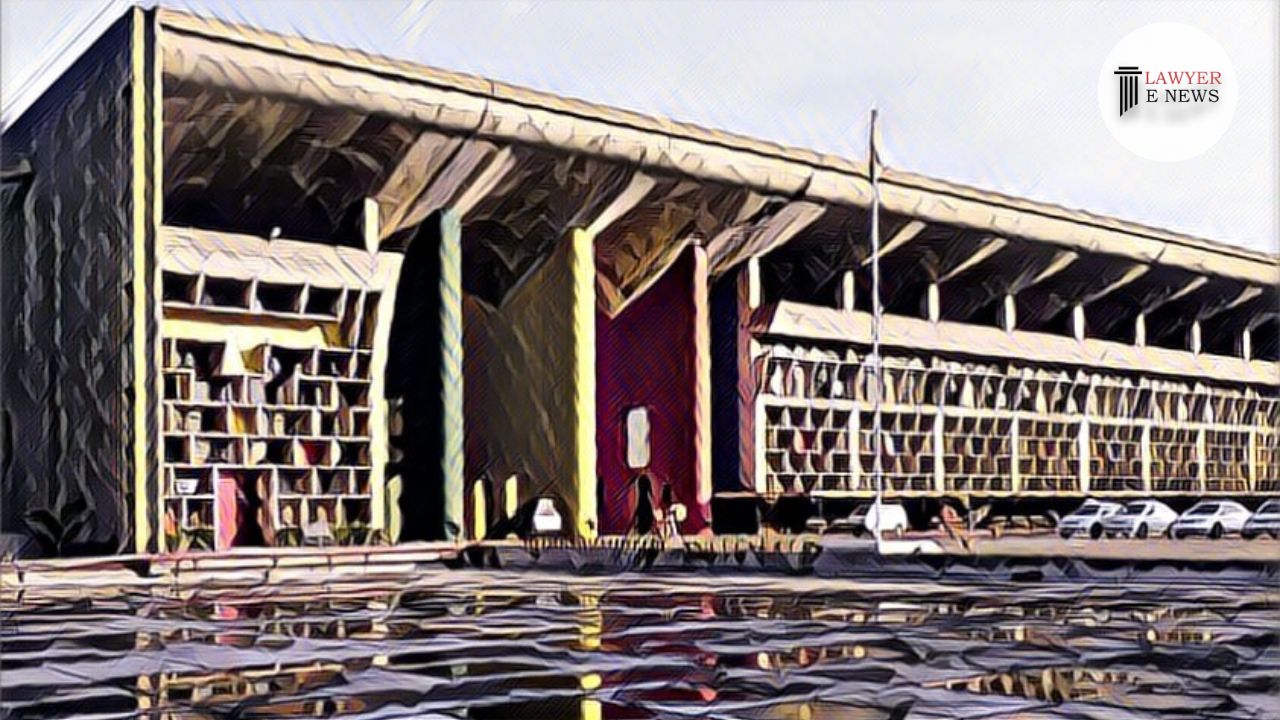-
by Admin
16 February 2026 1:47 PM



In a significant ruling, the High Court of Punjab and Haryana has quashed the FIR lodged against Ajaib Singh, the complainant in a bribery case, under Section 182 IPC, citing the absence of necessary sanction for prosecution. The judgment, delivered by Hon'ble Mr. Justice Anoop Chitkara, emphasized that the complainant could not be unfairly penalized for not opposing the cancellation report filed by the investigating agency.
The case, CRM-M-26485-2016, revolved around allegations of bribery in the Vigilance Bureau, Patiala. Ajaib Singh, along with his clerk Vijay Kumar, was accused of providing false information to the authorities. However, the High Court observed that the competent authority had refused to grant sanction for their prosecution, which is a prerequisite in such cases.
In his landmark judgment, Justice Chitkara noted, "In the entirety of the facts and circumstances of the case, even if all the allegations levelled in the Kalandra are accepted on their face value, it cannot be said that the petitioner-complainant had given false information qua the crime." This observation was pivotal in the decision to quash the FIR and the subsequent proceedings against the petitioners.
Further elaborating on the role of the competent authority, the Court remarked, "If anybody had disrupted the criminal prosecution, it would have been the competent authority as well as the investigating agency itself and not the petitioner-complainant who had merely not opposed such cancellation."
The judgment is a critical reminder of the importance of adhering to legal prerequisites in criminal proceedings, particularly in cases of corruption. It underscores the necessity of obtaining proper sanction before proceeding with prosecution and highlights the dangers of penalizing individuals without sufficient legal basis.
Justice Chitkara’s decision provides significant relief to Ajaib Singh and reinforces the legal safeguards against wrongful prosecution. The ruling is seen as a step forward in protecting the rights of complainants in corruption cases and ensuring that legal procedures are followed meticulously.
Date of Decision: 22.01.2024
AJAIB SINGH & ANOTHER VS STATE OF PUNJAB & ANOTHER
